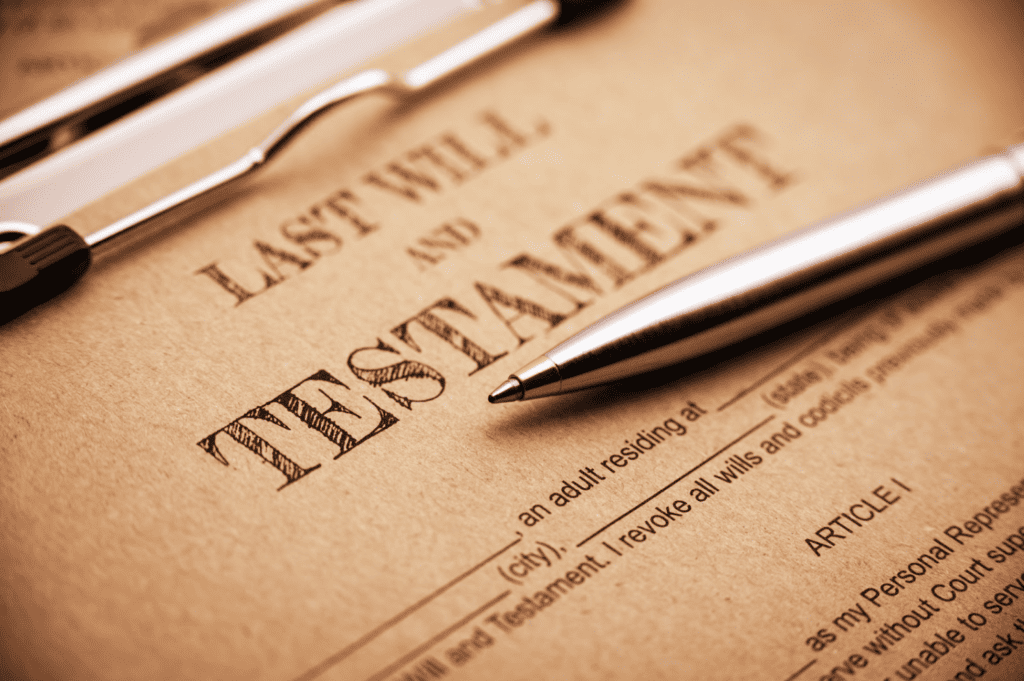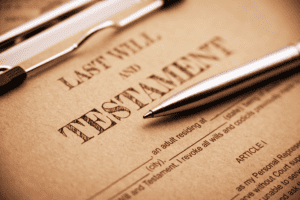How do Non-marital Children Inherit Wealth Under NY State law if their Parents Die Without a Will?
Loved ones are not always family by blood, especially as the traditional, “nuclear family” structure is fading in frequency. In the eyes of the law, a legal family may differ from what society typically defines as a family unit. While this distinction may seem unfair, it is important to understand that there are specific measures one must take to align legal status with emotional and familial bonds. When you die without a will, or die intestate, your assets go through the probate process and then are distributed according to the law. Not only do legal beneficiaries often lose money to probate fees, but New York State law only takes into account legally named children as beneficiaries. By creating a strong estate plan, you will ensure that those you love, no matter your relationship, will inherit the assets you believe they deserve.

New York State Intestate Law and Nonmarital Children
Intestate laws, which govern the distribution of assets when someone passes away without a valid will, vary depending on your state. New York State intestate laws are intricate and often difficult to understand. These laws may not align with your desired outcomes or yield ideal results for you and your family structure. To briefly outline basic New York intestate law:
- If the deceased has a spouse, the spouse inherits everything
- If they have a spouse and children, then the first $50,000 plus half of the balance goes to the spouse while the children inherit the remaining half of the balance
- If children die prior to the deceased, then grandchildren step into the role and inherit instead of the children
It is important to note that while adopted children inherit assets like a biological child, foster children and stepchildren are only allowed to inherit if they are legally adopted. Non-marital children, or children born to an unmarried couple, will inherit from their mother automatically without any further requirements. However, non-marital children will only inherit from their father when paternity is established. Paternity can be established through legal acknowledgment by the father, court determination, or genetic testing. If a non-marital child dies, their spouse, mother, and maternal family are automatically entitled to their estate. The father and paternal family are also included, provided that paternity has been established. There are more layers to New York State intestate law, but in summary, it is very complex and does not often act in your favor if you have a non-traditional family structure.
In the event that a father figure dies prior to establishing legal paternity or an estate plan, a nonmarital child can still inherit wealth if they file a paternity petition with a family court and win their case. If it is possible to show DNA results, legal documents, or any other proof that would be accepted in a court of law, they can obtain a share of their father’s wealth. However, this is a lengthy process and it is often difficult to establish paternity after the father has passed, especially with no DNA test. After paternity has been established, the nonmarital child can assert their inheritance rights as a legal heir and file a petition with the probate court to make a claim against their parent’s estate. This process is filled with unpredictability and it can be months or even years before the case is resolved. As nonmarital parents, it is wise to consult with a knowledgeable estate planning attorney in order to explore your options to ensure that your child and assets are protected in the event of your passing.
Avoiding Probate
Creating an estate plan is a proactive and prudent step that can help you avoid the headache that comes with the probate process. By meticulously crafting an estate plan, you can ensure that your assets are distributed according to your wishes. Life flies by quickly, and you never know what might happen tomorrow, so it is never too early to make an initial plan. You must also acknowledge that estate planning is not a one-time endeavor. It is important to routinely update your estate plan when important milestones occur such as getting married, accumulating new wealth, and welcoming children. A well-thought-out and comprehensive estate plan goes beyond asset distribution, encompassing many different elements such as the establishment of trusts, designation of beneficiaries, appointment of guardians for minor children, and planning for tax implications. By considering all of these aspects, you will maximize your personal benefit and the benefit for your inheritors. This is especially important for parents of nonmarital children, specifically fathers, because New York Intestate law will not be on your side. By taking the time to create and regularly update your estate plan, you inevitably gain control over your financial legacy and ensure that your hard-earned assets fall into the desired hands.
Estate planning can be a daunting task, and most people do not want to engage in such a process because it forces them to face their mortality. However, no matter how old you are, if you have any assets that you see as valuable, it is essential that you set up an estate plan. Estate planning gives you autonomy over who your assets go to and it helps descendants avoid dealing with the taxing probate process after you pass. In non-traditional family situations, estate planning is essential because New York State intestate law does not often work in your favor. It is important to have an experienced attorney by your side throughout your estate planning journey to help maximize the benefits and minimize the long-term costs. If you have any further questions or are ready to begin your estate planning journey, please contact the Trust and Estate Planning Law Office at (718) 333–2395.












